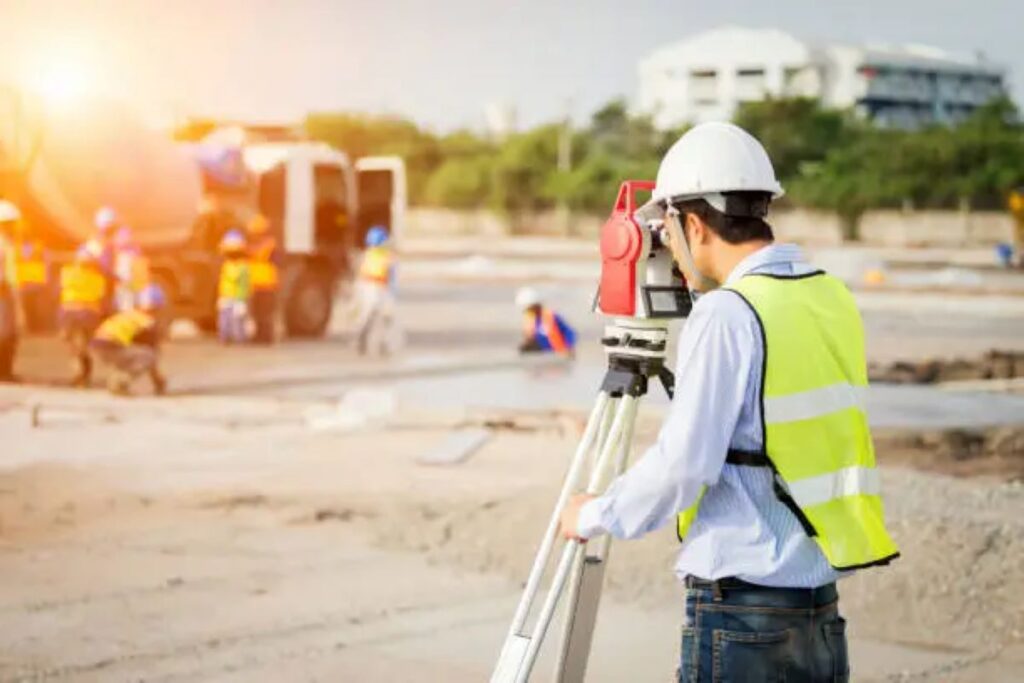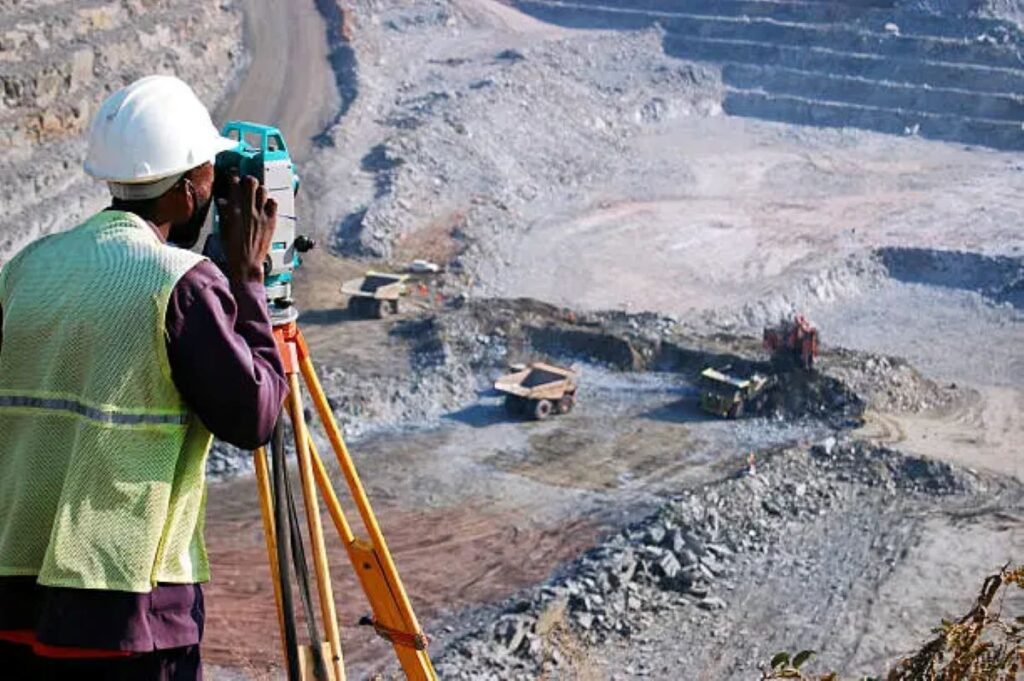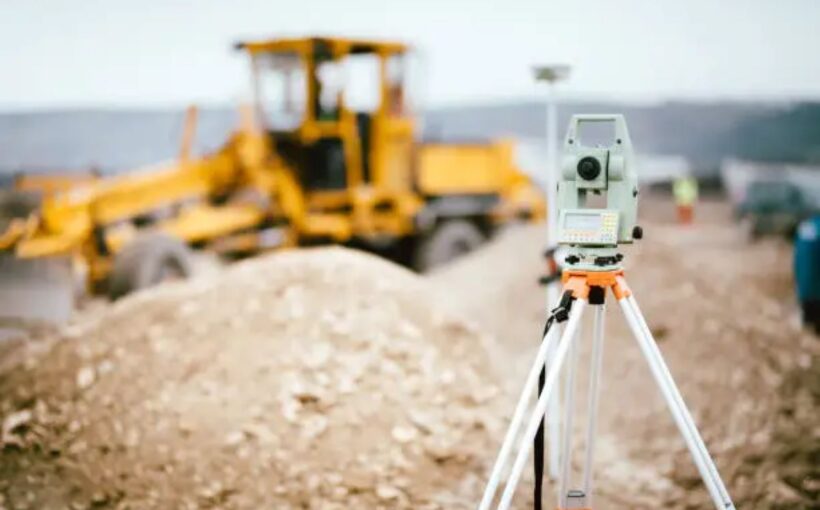In the intricate world of construction and architecture, the role of a survey engineer is paramount. These professionals are equipped with the skills and tools necessary to ensure that building plans are not only feasible but also optimally executed. By integrating precise measurements and advanced technology, survey engineers can significantly enhance the efficiency and effectiveness of any construction project. This article delves into the various ways in which a survey engineer can optimise your building plans, ensuring a smoother construction process and a successful outcome.
The Importance of Accurate Surveying
Accurate surveying forms the backbone of any successful building project. Without precise measurements, even the most well-crafted designs can falter. Survey engineers employ a variety of techniques and technologies to gather essential data, which serves as the foundation for all subsequent planning and construction activities.
Understanding Site Conditions
Before any building can commence, it is crucial to understand the site conditions. Survey engineers assess the topography, soil composition, and existing infrastructure to provide a comprehensive overview of the land. This information is vital for determining the best approach to construction, including the type of foundation required and the overall design of the building.
By identifying potential challenges early on, such as unstable soil or nearby structures that may interfere with the construction process, survey engineers help mitigate risks and avoid costly delays. This proactive approach not only saves time but also ensures that the building is designed with the site’s unique characteristics in mind.
Moreover, understanding the environmental aspects of the site is equally important. Survey engineers often conduct assessments that consider factors such as drainage patterns, vegetation, and wildlife habitats. This holistic view not only aids in the design of the building but also ensures compliance with local regulations and environmental standards, which can be crucial in preserving the natural landscape and promoting sustainability.
Precision in Measurements
Survey engineers utilise advanced tools such as total stations, GPS technology, and laser scanning to achieve unparalleled accuracy in measurements. These tools allow for the collection of data with minimal margin for error, which is essential in the construction industry where even the slightest miscalculation can lead to significant issues.
With precise measurements, architects and builders can create plans that align perfectly with the physical realities of the site. This alignment is crucial for ensuring that all elements of the building fit together seamlessly, from structural components to utilities and landscaping.
In addition to traditional surveying methods, the integration of Building Information Modelling (BIM) has revolutionised the way survey data is utilised. BIM allows for the visualisation of the entire construction process, enabling stakeholders to foresee potential clashes and optimise workflows. This technological advancement not only enhances accuracy but also fosters collaboration among architects, engineers, and contractors, ensuring that everyone is on the same page throughout the project lifecycle.
Enhancing Design Efficiency
Once the initial surveying is complete, survey engineers play a pivotal role in enhancing the design efficiency of building plans. Their insights and data allow architects to make informed decisions that can streamline the design process and improve overall functionality.
Collaboration with Architects
Survey engineers often work closely with architects to ensure that the building design is not only aesthetically pleasing but also practical. By providing detailed site analysis and topographical maps, survey engineers enable architects to visualise the project in relation to its surroundings.
This collaboration can lead to innovative design solutions that maximise the use of space and resources. For instance, understanding the natural flow of water on a site can influence the placement of drainage systems, while knowledge of sunlight patterns can inform window placements for optimal energy efficiency.
Moreover, the integration of advanced technology, such as Geographic Information Systems (GIS) and Building Information Modelling (BIM), has revolutionised the way survey engineers and architects collaborate. These tools allow for real-time data sharing and visualisation, enabling teams to identify potential issues early in the design process. As a result, architects can experiment with various design iterations, leading to more creative and functional outcomes that align with the project’s goals.

Optimising Resource Allocation
Effective resource allocation is crucial for any construction project. Survey engineers assist in identifying the most efficient use of materials and labour, which can lead to significant cost savings. By analysing site conditions and project requirements, they can recommend the best approaches to minimise waste and maximise productivity.
For example, if a survey engineer identifies that certain materials are more suitable for the local climate, architects can adjust their plans accordingly, ensuring that the building is both durable and sustainable. This not only optimises the construction process but also contributes to the long-term viability of the structure.
Additionally, survey engineers play a vital role in assessing the environmental impact of construction activities. By conducting thorough environmental assessments, they can provide recommendations on how to mitigate adverse effects and promote sustainability. This may include strategies for preserving local flora and fauna, as well as implementing eco-friendly practices such as recycling materials and utilising renewable energy sources. Such considerations not only enhance the project’s reputation but also align with growing public and regulatory demands for environmentally responsible building practices.
Mitigating Risks and Ensuring Compliance
In the construction industry, risks are inherent. However, survey engineers are trained to identify and mitigate these risks effectively. Their expertise ensures that building plans comply with local regulations and standards, which is essential for avoiding legal complications and ensuring safety.
Identifying Potential Hazards
Survey engineers conduct thorough assessments to identify potential hazards that could impact the construction process or the safety of the finished building. This includes evaluating geological conditions, assessing flood risks, and identifying any environmental concerns that may arise during construction.
By addressing these hazards upfront, survey engineers help to develop strategies that minimise risks. This proactive approach not only protects the construction team but also ensures the safety of future occupants and the surrounding community. For instance, in areas prone to seismic activity, survey engineers might recommend specific structural reinforcements or materials that can withstand earthquakes, thus safeguarding lives and property. Furthermore, their assessments often extend to the surrounding ecosystem, ensuring that construction practices do not disrupt local wildlife or natural habitats, thereby promoting sustainable development.
Ensuring Regulatory Compliance
Building regulations and codes can be complex and vary significantly from one location to another. Survey engineers are well-versed in these regulations and can guide architects and builders through the compliance process. This expertise is invaluable in ensuring that all aspects of the building plan meet the necessary legal requirements.
Failure to comply with regulations can lead to costly fines, delays, and even the need to redesign certain elements of the project. By involving a survey engineer early in the planning process, builders can avoid these pitfalls and ensure a smoother path to project completion. Moreover, survey engineers often liaise with local authorities and regulatory bodies, facilitating communication and ensuring that all necessary permits are obtained in a timely manner. This not only streamlines the approval process but also fosters a collaborative relationship between builders and regulatory agencies, ultimately contributing to the successful delivery of high-quality construction projects that meet community needs and expectations.
Utilising Advanced Technology
The construction industry is rapidly evolving, with new technologies emerging that enhance the capabilities of survey engineers. By leveraging these advancements, survey engineers can provide even greater value to building projects.
3D Modelling and Visualisation
One of the most significant advancements in surveying technology is the use of 3D modelling and visualisation tools. These technologies allow survey engineers to create detailed representations of the site and the proposed building, enabling stakeholders to visualise the project before construction begins.
3D models can highlight potential issues and allow for adjustments to be made before any physical work starts. This not only saves time but also reduces the likelihood of costly changes during the construction phase.
Drone Surveying
Drones have revolutionised the surveying process, allowing for rapid data collection over large areas. Survey engineers can utilise drones to capture high-resolution images and gather topographical data quickly and efficiently.
This technology not only speeds up the surveying process but also provides a level of detail that traditional methods may not achieve. Drones can access hard-to-reach areas and provide a comprehensive view of the site, ensuring that no critical information is overlooked.

Cost-Effectiveness and Time Efficiency
In today’s competitive construction market, cost-effectiveness and time efficiency are paramount. Survey engineers contribute significantly to both aspects, ensuring that projects are completed on time and within budget.
Reducing Delays
Delays in construction can lead to increased costs and missed deadlines. By conducting thorough surveys and analyses from the outset, survey engineers help to identify potential issues that could cause delays later in the project. This foresight allows for timely interventions and adjustments, keeping the project on track.
Moreover, accurate surveying reduces the likelihood of rework, which is often a significant contributor to delays. When measurements are precise and site conditions are well understood, the construction team can proceed with confidence, knowing that their plans are based on reliable data. Check out more about Why Engineering Surveyors Play a Critical Part in Site Design
Optimising Budgets
Survey engineers play a crucial role in optimising project budgets. By providing accurate data and insights, they help project managers allocate resources more effectively. This can lead to significant savings, as unnecessary expenditures can be avoided.
Additionally, by identifying the most efficient construction methods and materials, survey engineers contribute to cost savings that can be reinvested into other aspects of the project or used to enhance the overall quality of the build.
Conclusion
In conclusion, the role of a survey engineer is integral to the success of any building project. Their expertise in accurate surveying, design optimisation, risk mitigation, and the use of advanced technology ensures that building plans are not only feasible but also efficient and compliant with regulations. By engaging a survey engineer early in the planning process, builders can save time, reduce costs, and ultimately create structures that are safe, sustainable, and well-suited to their environment.
As the construction industry continues to evolve, the importance of skilled survey engineers will only grow. Their ability to adapt to new technologies and methodologies will be essential in navigating the complexities of modern building projects. For anyone embarking on a construction journey, partnering with a survey engineer is a wise investment that can lead to successful outcomes and lasting benefits.
